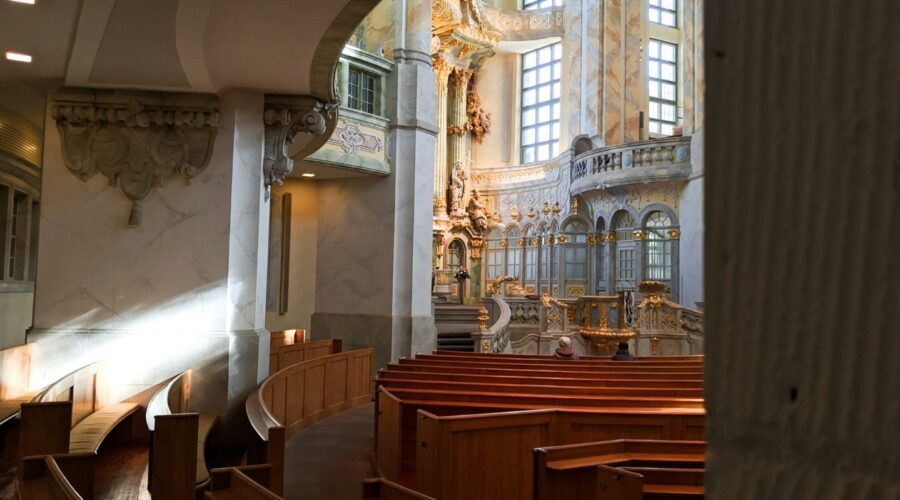Your cart is currently empty!
Understanding the Covenant Presbyterian Church: A Comprehensive Guide

Introduction
Covenant Presbyterian Church (CPC) is a denomination within the Reformed tradition of Christianity. It is characterized by its commitment to the Westminster Confession of Faith and its distinctive understanding of the covenant relationship between God and humanity.
Historical Background
Origins
CPC traces its roots to the Protestant Reformation of the 16th century. John Knox, a Scottish reformer, played a key role in establishing the Presbyterian Church in Scotland. The Westminster Assembly (1643-1652), convened by the English Parliament, produced the Westminster Confession of Faith, which has become the doctrinal standard for CPC.
Spread to America
Presbyterians arrived in North America in the 17th century. The first CPC was established in Philadelphia in 1706. Over time, CPC expanded westward, becoming a major force in American Protestantism.
Theology and Beliefs
Covenant Theology
CPC emphasizes the importance of covenant theology. The covenant is a binding agreement between God and humans. In the Old Testament, the covenant was established with Abraham and his descendants. In the New Testament, the covenant is renewed in Christ, who fulfills the promises made to Abraham.
Westminster Confession of Faith
The Westminster Confession of Faith is the primary doctrinal statement of CPC. It covers a wide range of theological topics, including the Trinity, the deity of Christ, salvation by grace, and the role of the church.
Presbyterian Polity
CPC is governed by a system of representative government called presbyterian polity. The church is led by elders (presbyters), who are elected by the congregation. Elders serve on governing bodies known as sessions, presbyteries, and general assemblies.
Governance and Structure
Organization
CPC is organized into local congregations, presbyteries, and a national body known as the General Assembly. The General Assembly is the highest governing body of the denomination and meets annually.
Leadership
CPC is led by a Moderator, who is elected by the General Assembly. The Moderator serves for a one-year term and presides over the assembly.
Synods and Presbyteries
CPC is divided into geographical units called synods and presbyteries. Synods are regional bodies that oversee multiple presbyteries. Presbyteries are responsible for appointing and ordaining clergy and overseeing the work of congregations.
Worship and Sacraments
Worship Services
CPC worship services typically include singing, prayer, Bible reading, and preaching. The Lord’s Supper (Communion) is celebrated regularly.
Sacraments
CPC recognizes two sacraments: baptism and the Lord’s Supper. Baptism is a sign of the covenant relationship between God and believers. The Lord’s Supper is a commemoration of Christ’s sacrifice on the cross.
Mission and Outreach
Evangelism and Missions
CPC is committed to spreading the gospel of Jesus Christ. It supports missionaries around the world and engages in evangelistic outreach in local communities.
Social Justice and Advocacy
CPC believes that Christians have a responsibility to promote social justice and advocate for the marginalized. It addresses issues such as poverty, discrimination, and environmental stewardship.
Education and Seminaries
Schools and Colleges
CPC operates a number of schools and colleges, including Princeton University, Columbia Theological Seminary, and Union Presbyterian Seminary.
Seminary Training
CPC pastors are required to attend seminary. Seminaries provide theological education and prepare candidates for ordination.
Conclusion
Covenant Presbyterian Church is a vibrant denomination with a rich history and distinctive theology. Its emphasis on covenant theology, the Westminster Confession of Faith, and presbyterian polity sets it apart from other Christian denominations. CPC is committed to worship, evangelism, social justice, and the preparation of future church leaders.
Helpful Resources
- Covenant Presbyterian Church website
- Presbyterian Church (U.S.A.) website
- Westminster Confession of Faith
Frequently Asked Questions
What is the difference between CPC and other Presbyterian denominations?
CPC differs from other Presbyterian denominations in its emphasis on covenant theology and its use of the Westminster Confession of Faith as its doctrinal standard.
How is CPC governed?
CPC is governed by a system of representative government called presbyterian polity. Elders (presbyters) elected by the congregation serve on governing bodies known as sessions, presbyteries, and general assemblies.
What are the sacraments of CPC?
CPC recognizes two sacraments: baptism and the Lord’s Supper. Baptism is a sign of the covenant relationship between God and believers, and the Lord’s Supper is a commemoration of Christ’s sacrifice on the cross.